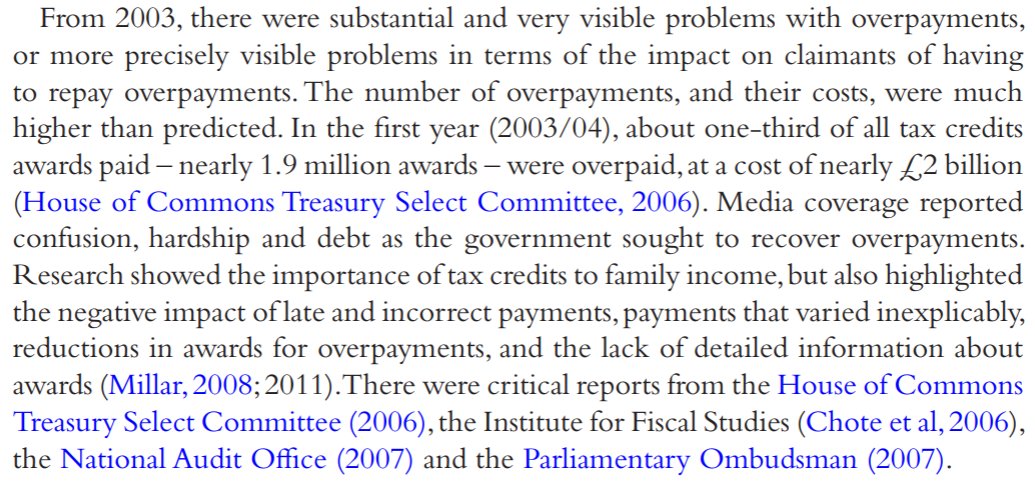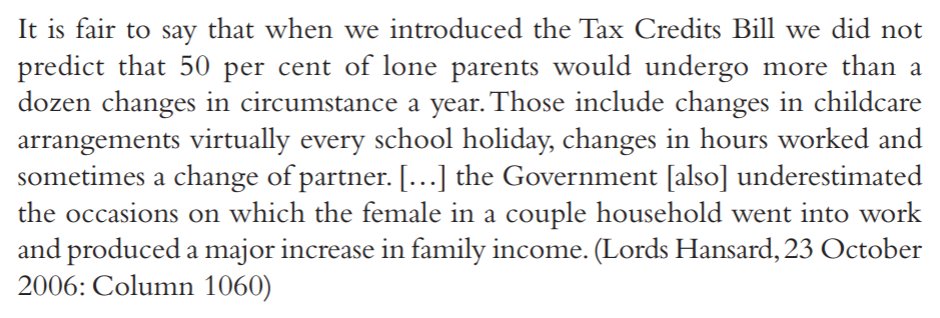
One thing I'm very sure about my dad is that if he had grown up in the internet age, he would have gone down as one of the greatest poasters of all time.
He had his own unmistakable aesthetic you could see in everything he wrote. His sense of humor never left him, even when Parkinsons took his ability to speak, he would take his time, typing out a word per minute at best, just to share a silly joke. He never stopped posting.
I still can't piece his entire life story together - he didn't like to stay in one place long, he never made much money, he had a knack for finding the weirdest living spaces, whether it was someone's porch, a trailer in a backyard, or a closet.
But where ever he went he had a huge impact on the people around him, he started thriving art scenes and businesses and did writing and photography, always had some sort of constructive output.
At the end, when he couldn't do much else, he would flash a smile at the nurses helping him and they would (this happened multiple times!) pull me aside and say "your dad is the sweetest person I've ever taken care of"
Like all people, he was far from perfect. He wasn't there for his other kids childhoods, and there's no excuse for it. But I was born much later in his life, and he told me when I was young - "I was a shitty dad before, but I'm going to do it right this time"
His marriage with my mom didn't last and I think he had every inclination to leave and repeat paste mistakes. And he did briefly move to another state. But I called him up as a 10 year old and asked him to come back, and he said ok, got on a plane, and he stuck around
I'm very grateful for that, and I'm very grateful I got to be around for his final years to return the favor. I hope one day - a very long time from now! - to face death with a fraction of the grace and poise that he showed when it was his time.
• • •
Missing some Tweet in this thread? You can try to
force a refresh








